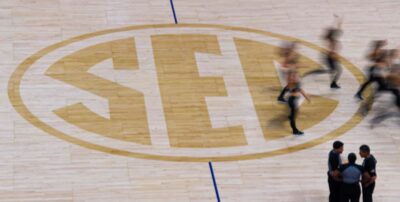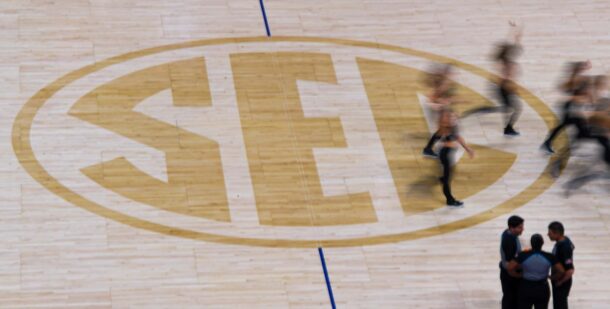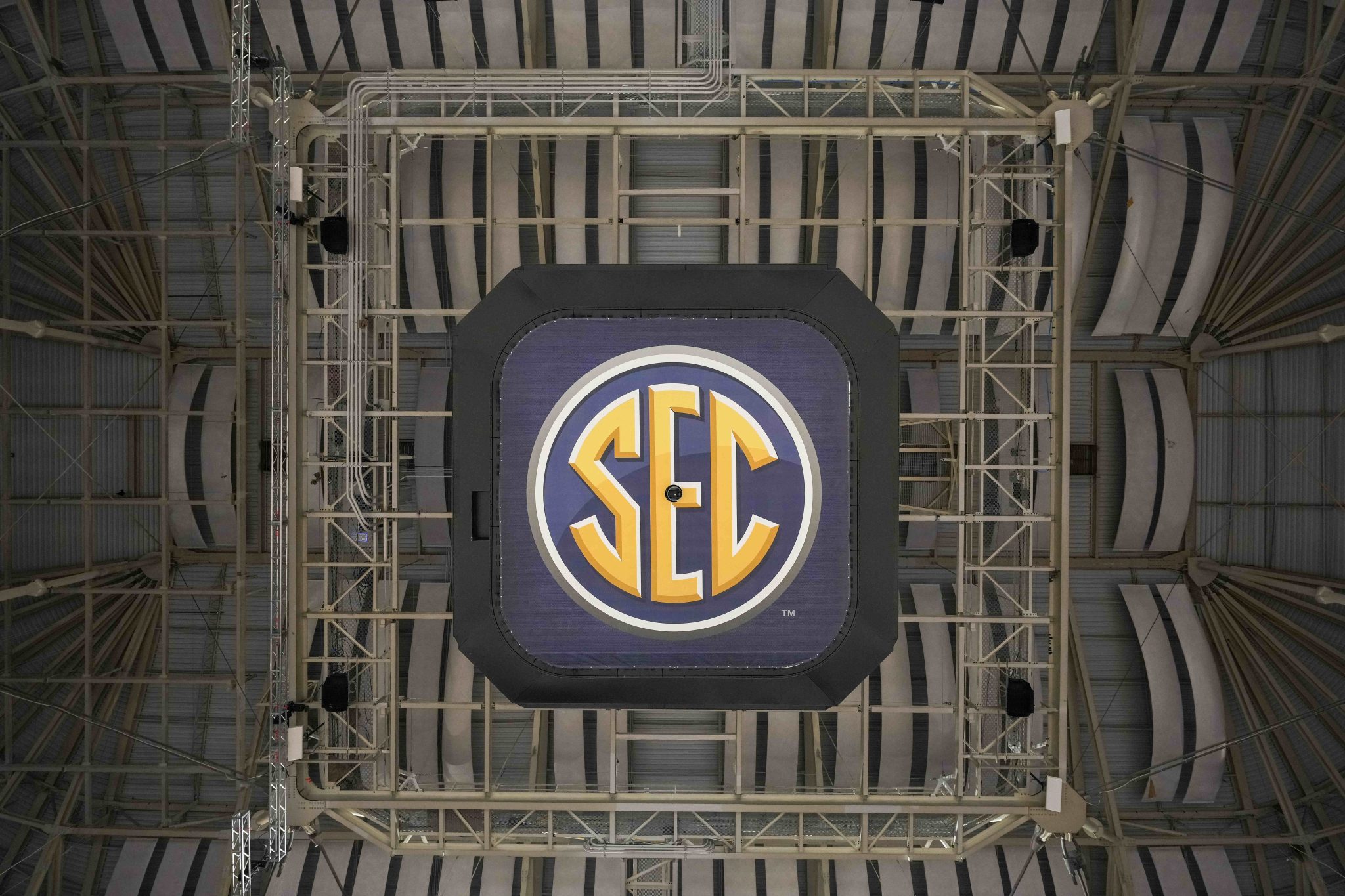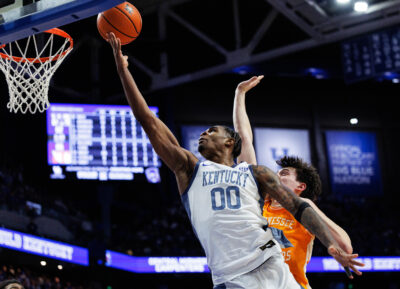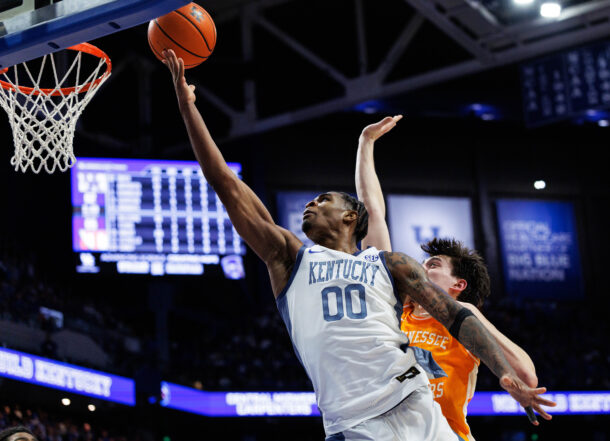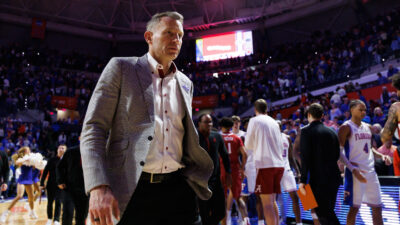The landmark House settlement has finally been approved.
On Friday, U.S. District Judge Claudia Wilken officially signed off on the NCAA’s settlement of 3 antitrust cases that paves the way for colleges to begin sharing revenue directly with student-athletes for the first time in NCAA history.
“The settlement agreement here reflects compromises that were made in light of those legal precedents, which demonstrate that success at trial can mean that student-athlete compensation restrictions may be lessened but not eliminated. Despite some compromises, the settlement agreement nevertheless will result in extraordinary relief for members of the settlement classes,” Judge Wilken wrote.
“If approved, it would permit levels and types of student-athlete compensation that have never been permitted in the history of college sports, while also very generously compensating Division I student-athletes who suffered past harms. The reaction of settlement class members has been very favorable, as only a very small fraction of them have opted out or objected.”
The settlement agreement includes $2.8 billion in back-pay to ex-athletes from 2016-24 who were unable to profit off their name, image, and likeness. It also sets the stage for more than $20 billion in revenue to be shared with student-athletes over the next decade.
Beginning on July 1, schools will be able to share $20.5 million with student-athletes. Football is expected to receive the largest percentage of this revenue at each school. The annual amount includes escalators and is expected to grow to $33 million by 2035.
The settlement also introduces roster limits and sets up an enforcement entity (the College Sports Commission) to police NIL deals. The new Deloitte-run NIL clearinghouse, “NIL Go,” will evaluate NIL deals between athletes and third parties to determine their legitimacy. Deals that are not approved could lead to fines for schools and eligibility disruptions for players.
According to a report from Yahoo Sports’ Ross Dellenger, power conference leaders are targeting Bryan Seeley, a former assistant US attorney and MLB’s vice president of investigations, to manage the College Sports Commission as CEO.
Roster limits will be phased in. Football rosters will be capped at 105, with basketball at 15, baseball at 34, soccer at 28, softball at 25, and volleyball at 18.
Derek Peterson does a bit of everything, not unlike Taysom Hill. He has covered Oklahoma, Nebraska, the Pac-12, and now delivers CFB-wide content.


